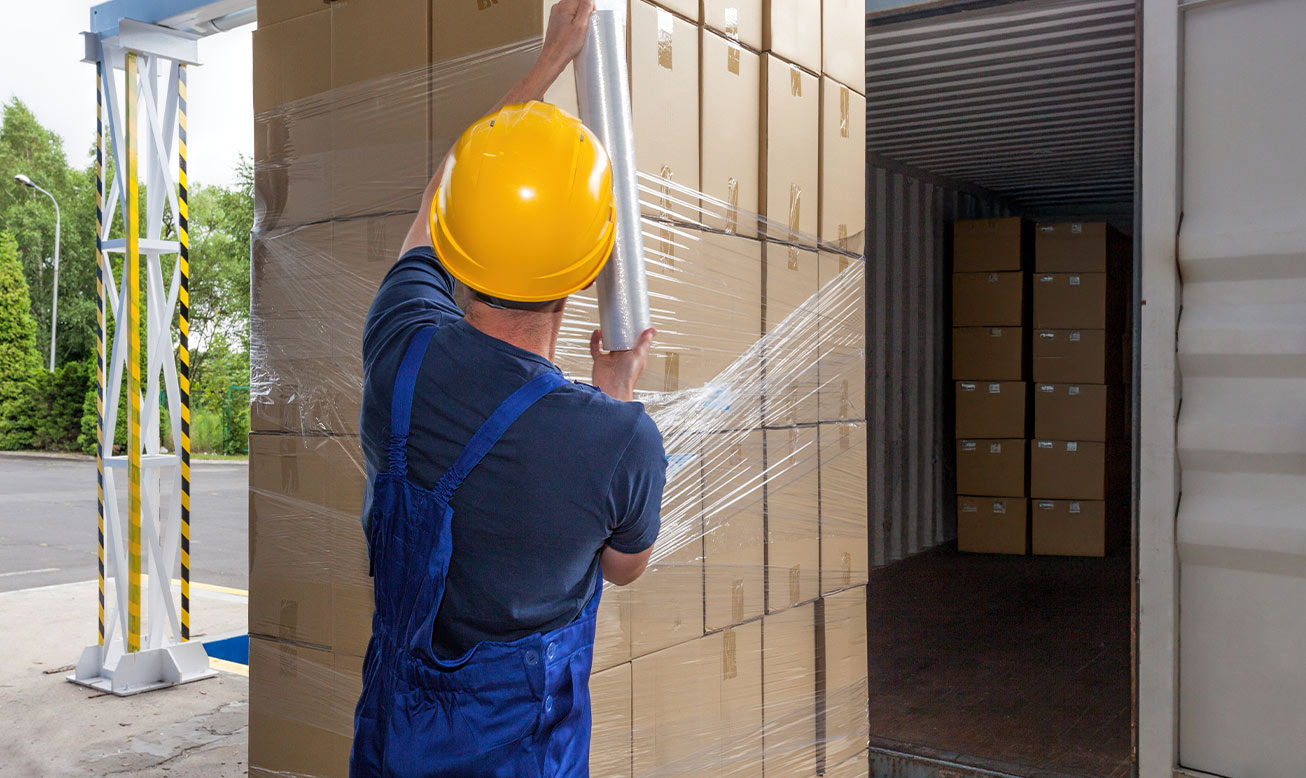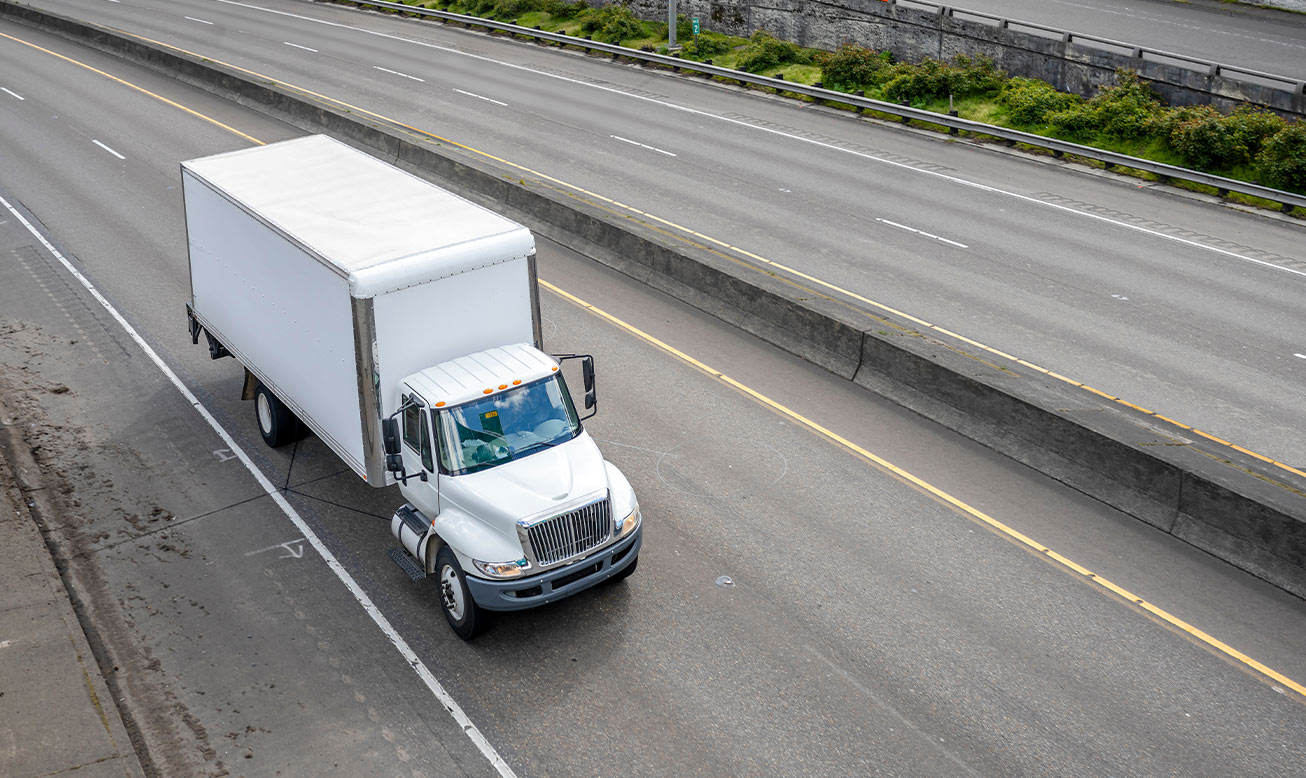May 4, 2025
Creating Unmatched Supply Chain Stability
These days, where disruptions feel more like the rule than the exception, businesses need more than just efficiency; they need resilience and supply chain stability. Supply chain pressures are coming from all directions, from wild weather patterns and port congestion to driver shortages and economic swings. That’s where the magic of relationships kicks in.
A diverse network of trusted transportation partners is at the heart of a stable supply chain. Whether you face seasonal spikes, global uncertainties, or localized bottlenecks, having a robust bench of carriers across different regions and specialties allows you to pivot quickly and keep goods flowing. It is all about adaptability, and the best way to stay flexible is to work with a non-asset-based 3PL that can tap into an extended, dynamic network when you need it most.
The Power of the Non-Asset-Based Model
Let’s start with what makes a non-asset-based carrier or network so powerful. Unlike asset-based carriers that rely on their own fleet of trucks, warehouses, and infrastructure, a non-asset-based 3PL partners with many carriers and service providers. This structure gives you options; lots of them!
This freedom translates directly into value:
You get coverage in every region, even those with limited service from asset-based providers.
You gain access to specialty carriers who understand the nuances of specific cargo, industries, or regulations.
You are never stuck waiting for an owned asset to become available.
In other words, you are not limited by what one carrier can or cannot do. Instead, you benefit from the collective capacity and capability of many. That’s the key to supply chain resilience in 2025 and beyond.

Resilience Is Built on Relationships
Let’s break down why a strong partner network matters. Say a major storm hits the Gulf Coast, halting operations at regional ports and grounding trucks. An asset-based carrier with terminals in that area could be sidelined for days. But a 3PL with a non-asset-based network? They can immediately reroute freight, tap into alternate ports, and use their connections with unaffected carriers to maintain deliveries.
You mitigate supply chain risk by not putting all your eggs in one basket. Diverse partnerships across geographies and specializations give you built-in contingency plans.
And it is not just natural disasters. Consider how a capacity crunch can cause massive shipment delays. Shippers who only work with a handful of carriers were stuck negotiating for space they couldn’t get. Meanwhile, shippers aligned with a flexible network saw their 3PLs mobilize secondary and tertiary providers to keep things moving.
In fact, this relationship-based agility provides unmatched supply chain support strategies in uncertain times.
Real Solutions for Real Pressures
Let’s face it: supply chains are under constant stress. From client expectations for same-day delivery to global geopolitical shifts, we are asking more of logistics than ever before. Fortunately, a relationship-driven approach to logistics offers supply chain pressure solutions that are both practical and scalable.
Faster Response to Disruptions
A hurricane is heading toward the Southeast? A non-asset-based 3PL does not wait to react. They proactively shift loads to carriers operating in safer zones or reroute through different terminals, all without requiring weeks of planning. This responsiveness reduces downtime and keeps your customers satisfied.
Greater Capacity in Tight Markets
Having a wide network of partners is your best defense during seasonal surges or market-wide crunches. Whether it is using flatbed specialists in Texas or finding reefers in the Midwest, a 3PL with a large carrier network can find capacity when others can’t.
Built-in Redundancy
Redundancy is not waste but insurance. When you work with a diverse set of partners, you are not overly reliant on any single provider or route. That kind of balance is key to a stable supply chain, especially in high-risk industries.
Access to Niche Expertise
Did you get a shipment of delicate electronics? Specialized carriers know precisely how to handle those loads. A flexible 3PL will already have those slot providers in their network, ready to go when you are.

The Human Side of Resilience
It is easy to talk about trucks, routes, and capacity, but let’s not forget that relationships are between people. The right 3PL invests heavily in its partner network, building trust, aligning values, and ensuring accountability.
When your 3PL has solid relationships with its carriers, those carriers are more likely to prioritize your freight. They are more responsive, more reliable, and more collaborative. That trust trickles down, turning into measurable value for your supply chain.
And for your customers? They just know their deliveries arrived on time.
Resilience Isn’t Just About Surviving; It’s About Thriving
The modern supply chain does not just need to survive disruptions. It needs to adapt and even improve because of them. A resilient system finds opportunity in adversity, whether by renegotiating better rates with emerging regional carriers or using temporary shifts to discover more efficient routes.
The benefit of working with a non-asset-based 3PL is that you are not locked into a rigid structure. You are free to evolve with the market. And your partner is right there with you, offering options that strengthen your supply chain with every new challenge.
Resilience is about preparation, and preparation is about relationships. You gain more than trucks and routes when you partner with a logistics provider that understands the value of a diverse and well-maintained network. You gain adaptability, foresight, and peace of mind.
At Last Mile Logistics, supply chain risk mitigation starts with having the right people in your corner. And that’s exactly what we provide: flexible solutions, fast responses, and long-term stability.
So, if you are serious about building a resilient supply chain that holds up under pressure and bounces back better than before, start by asking this: How strong is your network?
When it comes to supply chain strength, it is not just what you know or even what you own; it is who you know that truly makes the difference. Meet Arnie today and let a real logistics pro evaluate your transportation needs.

